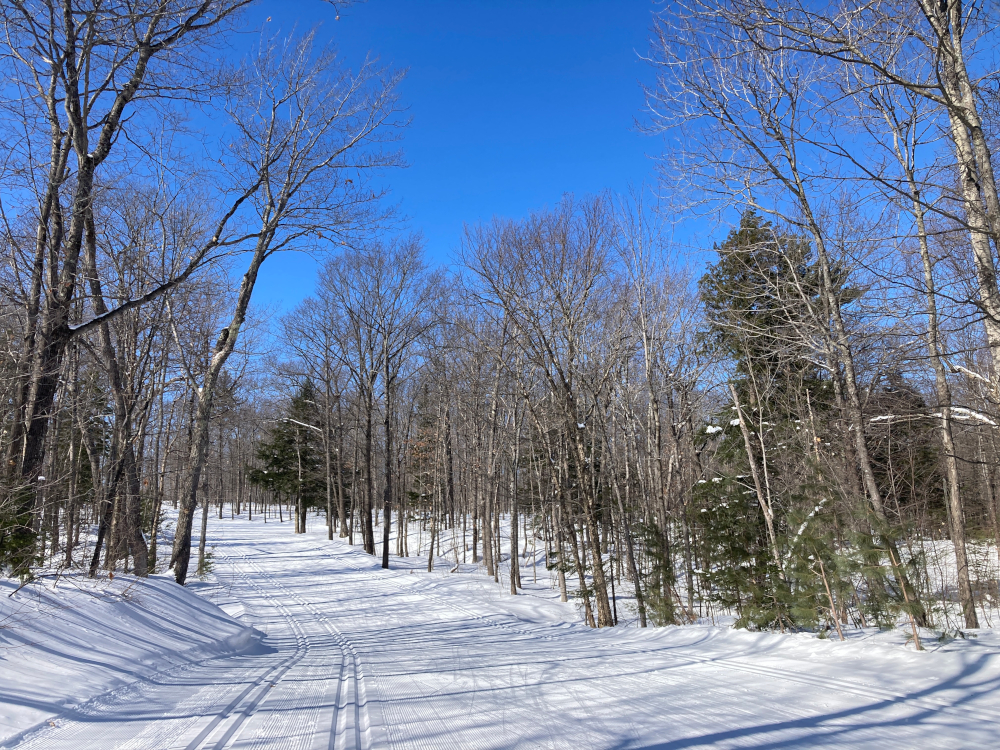As an ALS caregiver, I’m learning and adjusting as we go
With ALS, each day can bring new setbacks and challenges
Written by |

My husband’s nose wouldn’t quit bleeding this past Sunday morning, preventing him from using his noninvasive ventilator. Todd is paralyzed from ALS, so he sat in his power wheelchair in front of the bathroom sink as I went to work.
I packed his nostril with wadded up toilet paper and iced the bridge of his nose. I draped bath towels on his chest, and swapped them out each time I replaced the wad of saturated toilet paper.
Todd has needed breathing support for the last year, and he’s had nasal pillows strapped to his nose and air blowing into his lungs nearly 24/7. His nasal passage gets dry, and he used to have his nighttime caregivers swab his nostrils with a petroleum-based moisturizer. But he realized that it caused his nasal pillows to break down and become uncomfortable. He had been making do without moisturizing his nostrils for the past couple weeks, and his nose had been running probably due to spring allergies after some warm weather and snow melt. But winter quickly returned, and the air was dry.
Finding solutions
After a while, Todd’s nose finally stopped bleeding. I set Todd up on his computer without his ventilator and started a humidifier in his office. I called our son, Isaac, to watch an online church service with his dad, but before they could start, Todd’s nose started to bleed again.
I told Isaac never mind, and Todd and I headed to the bathroom for round two.
When it subsided, I got him set up on his computer again without his ventilator and with toilet paper shoved into one of his nostrils, and he started to watch the sermon with Isaac.
I felt on edge. I read information online about nosebleeds and noninvasive ventilators, looking for solutions. It’s a common problem, as the air from the ventilator can dry out the nostrils and sinuses. Todd already has a heated humidifier for his ventilator, and I read that saline spray also helps. I ordered a couple of non-petroleum-based moisturizers that are compatible with CPAP masks.
I went to clean the kitchen, but then Isaac called for me: “Dad needs help again.” Back for round three.
Todd’s nose finally stopped bleeding around noon. I removed the wad of toilet paper and sprayed his nostrils with saline. I set Todd up again at his computer, this time with his ventilator on.
As I washed the dishes, I looked longingly out the window. The sky was blue and the sun was shining. It was 30 degrees, a perfect day for Isaac and me to go skiing, but I couldn’t leave Todd — not until we knew he was out of the woods. What would happen if his nose started bleeding again while his noninvasive ventilator pushed air into his lungs? My mom, who lives next door and is usually my backup, was out of town. But I needed to find a way to let go of the stress.
I texted one of our night caregivers, a retired nurse, to see if we could hire her to come sit with Todd for a couple hours. She was available, and she arrived within the hour.
I told her about the morning’s ordeal and how I had used toilet paper to pack Todd’s nose. She said that even paper towels would be better because bits of toilet paper could break off and be hard to remove. She dug in the bathroom cabinet and found cotton balls, which is ideal packing material. I felt relieved that Todd was in good hands.
On the trail, I skied down a hill, and the wind blew away the pressure of the morning.

On the ski trail. (Photo by Kristin Neva)
When Isaac and I returned home, everything was fine. I thanked Todd’s nurse for coming.
“I’m glad I could,” she said. “Self-care is so important. Say, hope you weren’t offended that I suggested you use cotton balls.”
“Not at all. Whenever a crisis happens, adrenaline kicks in, and I tackle the situation the best I can. But I’m not a professional, and I’m learning as we go.”
“You do so much. You’re a nurse. A respiratory therapist,” she said. “If I needed help, I would have you be my nurse.”
I felt seen. I have no medical training, and managing ALS care is complex.
Note: ALS News Today is strictly a news and information website about the disease. It does not provide medical advice, diagnosis, or treatment. This content is not intended to be a substitute for professional medical advice, diagnosis, or treatment. Always seek the advice of your physician or other qualified health provider with any questions you may have regarding a medical condition. Never disregard professional medical advice or delay in seeking it because of something you have read on this website. The opinions expressed in this column are not those of ALS News Today or its parent company, Bionews, and are intended to spark discussion about issues pertaining to ALS.







Leave a comment
Fill in the required fields to post. Your email address will not be published.